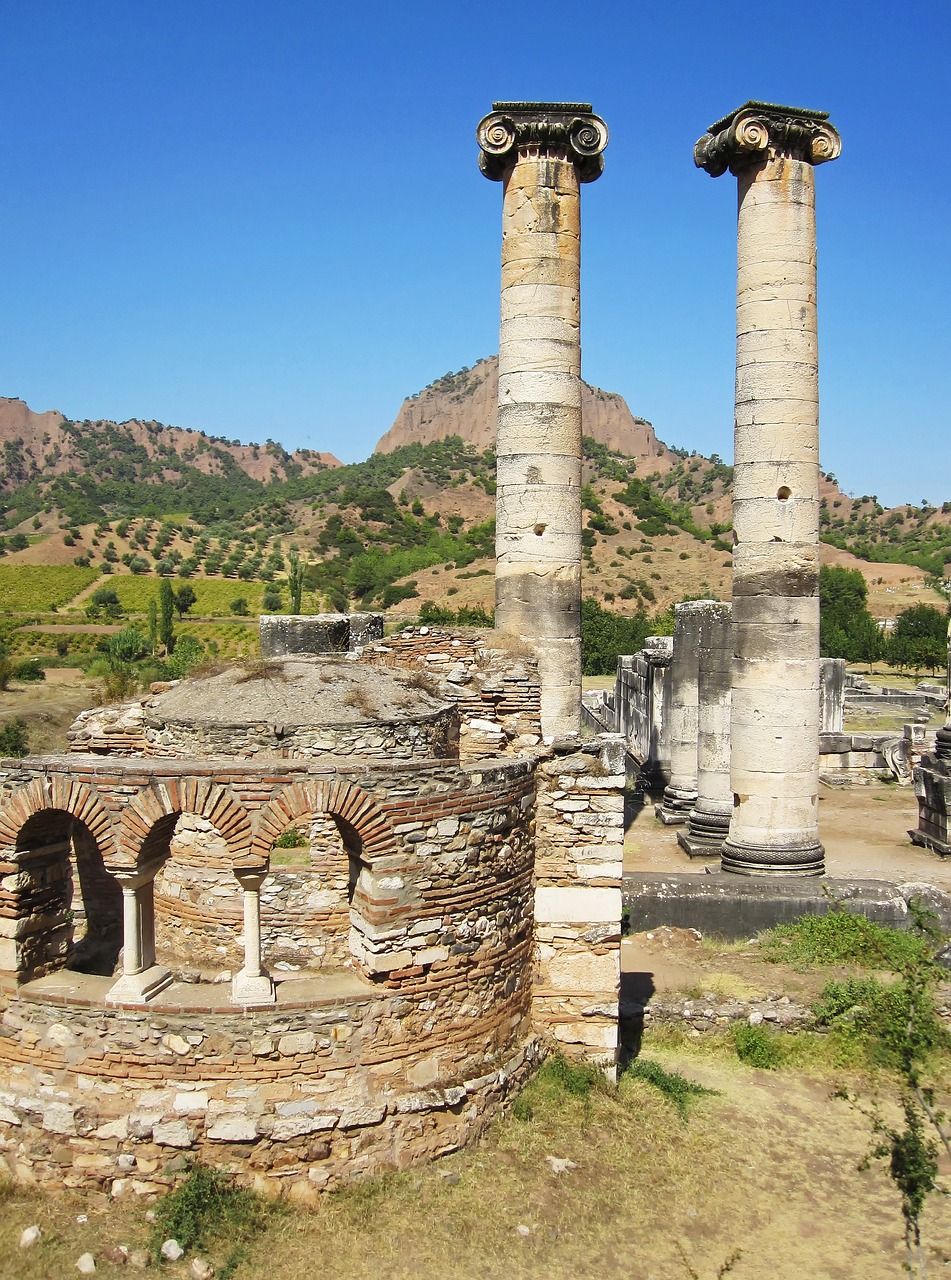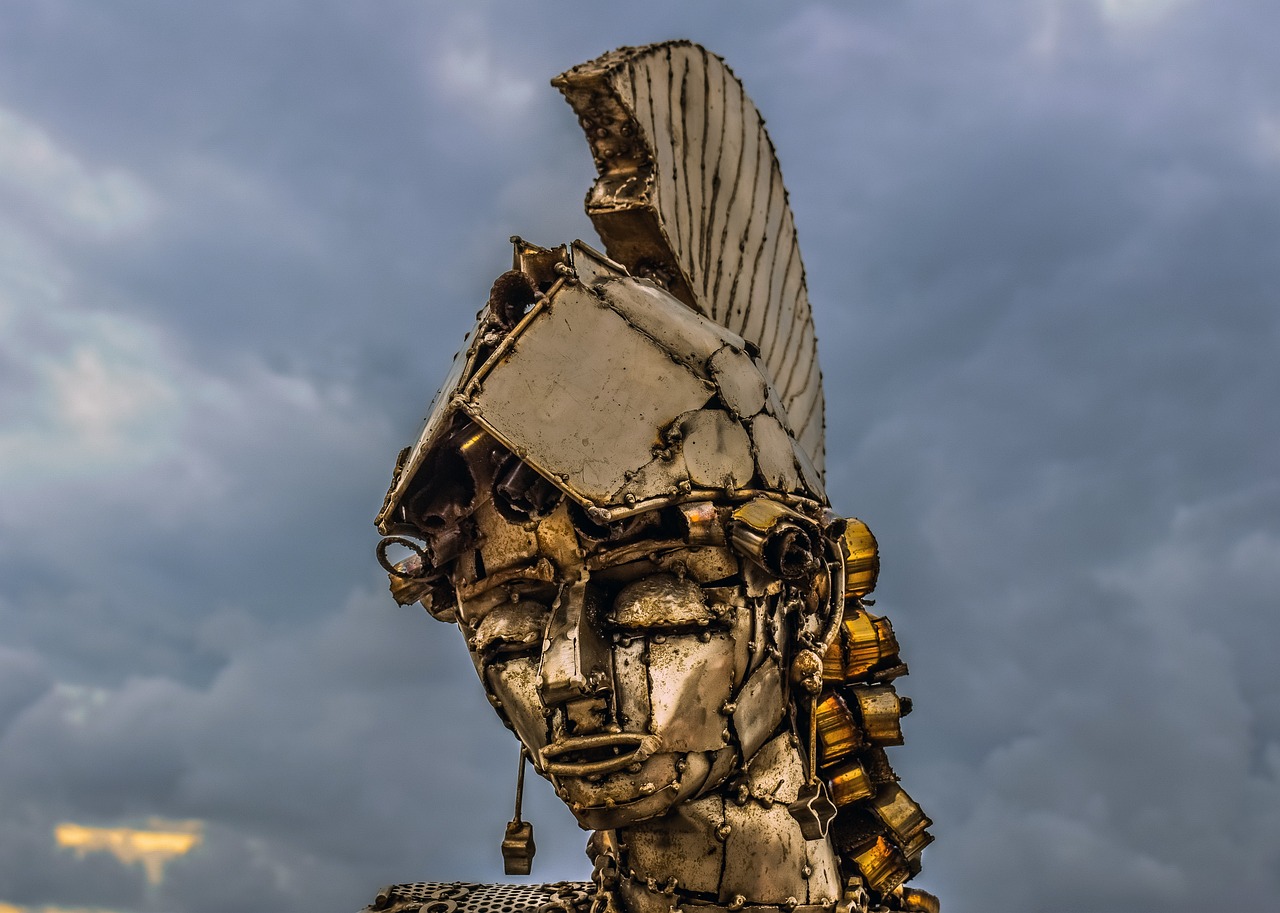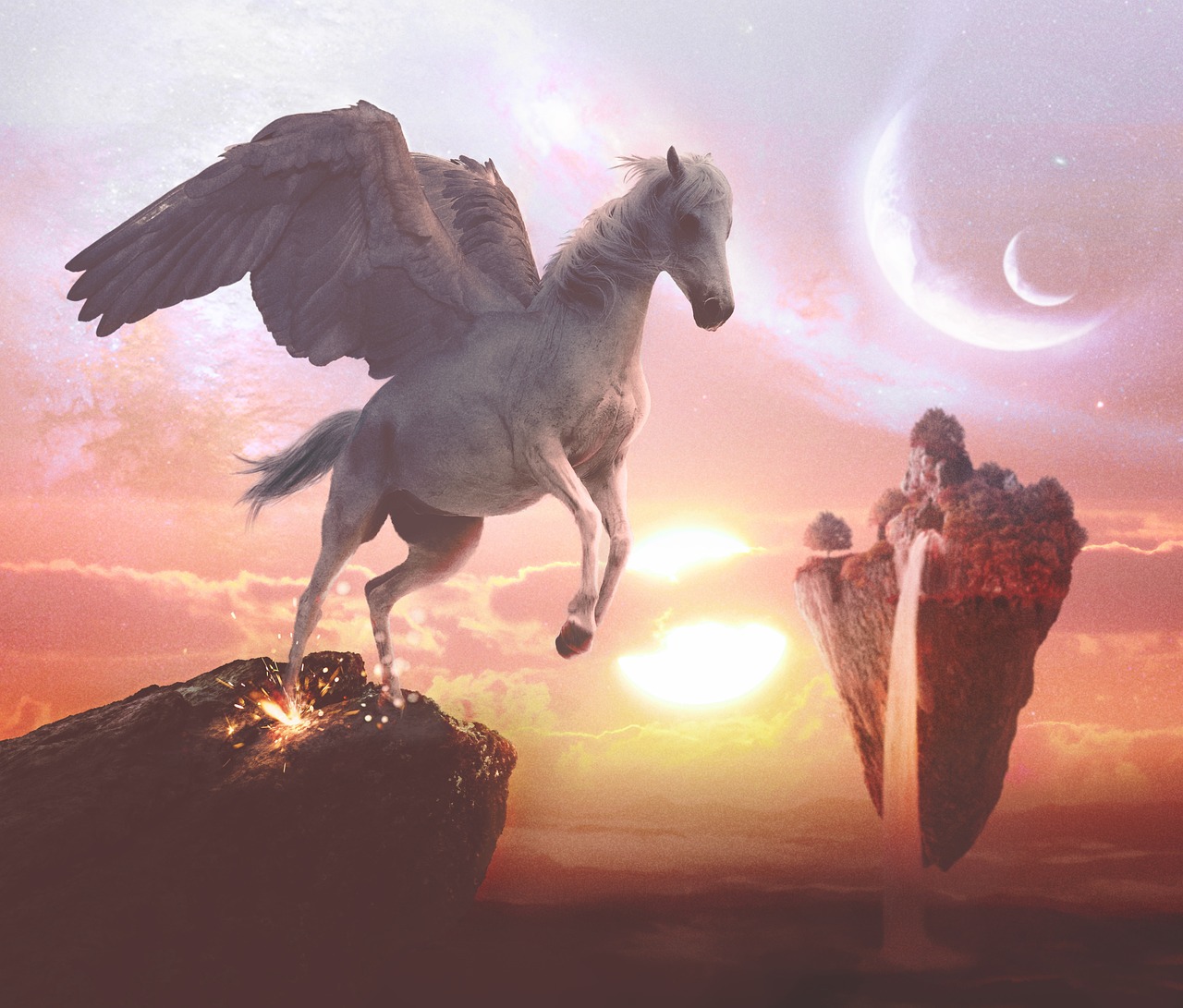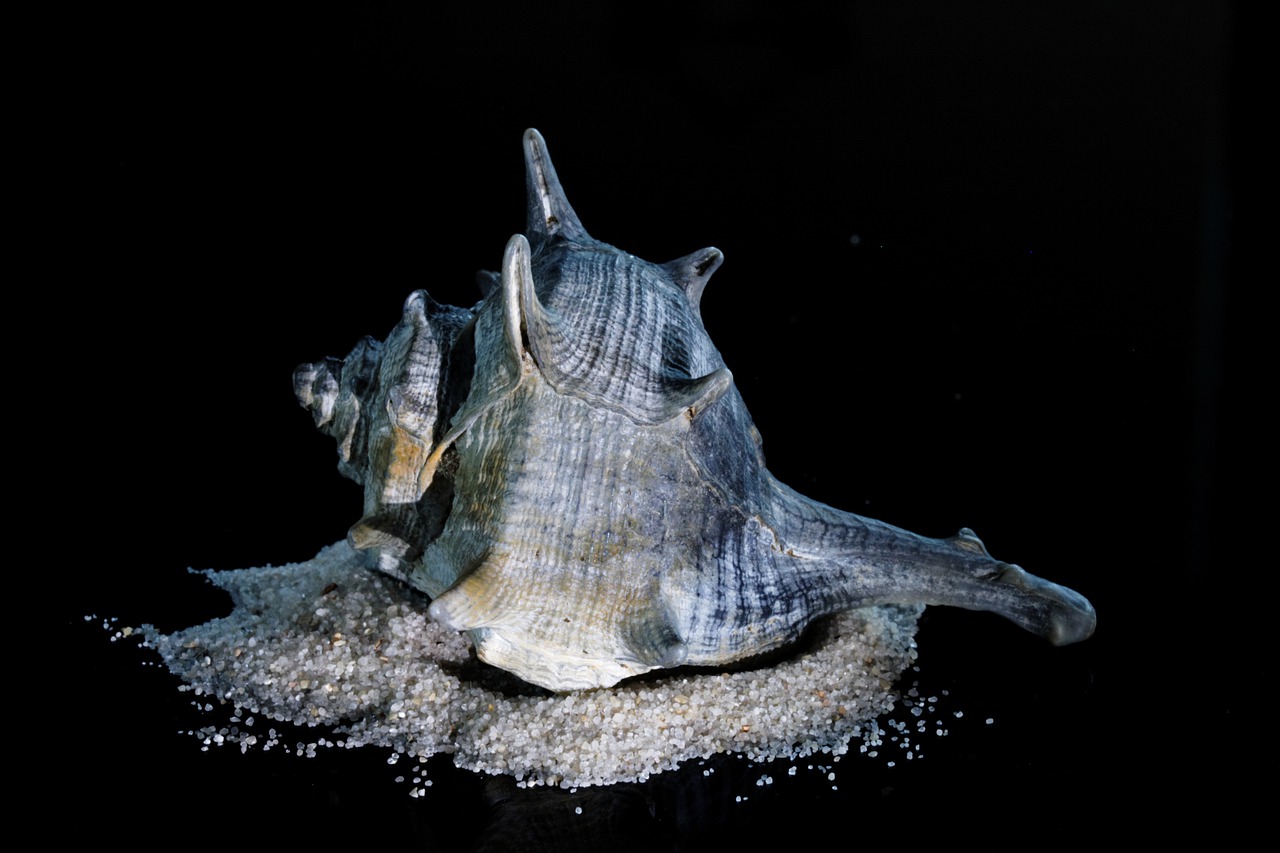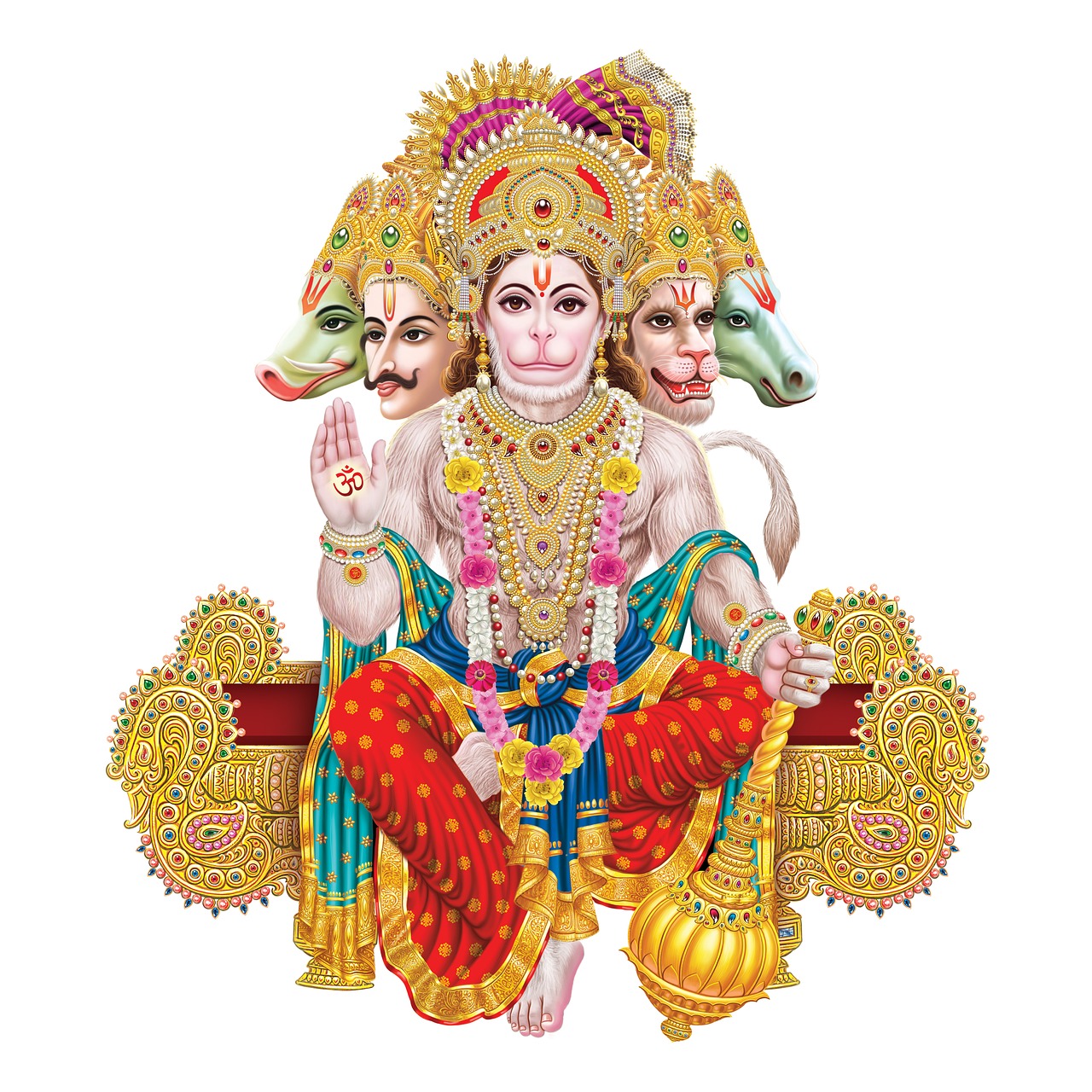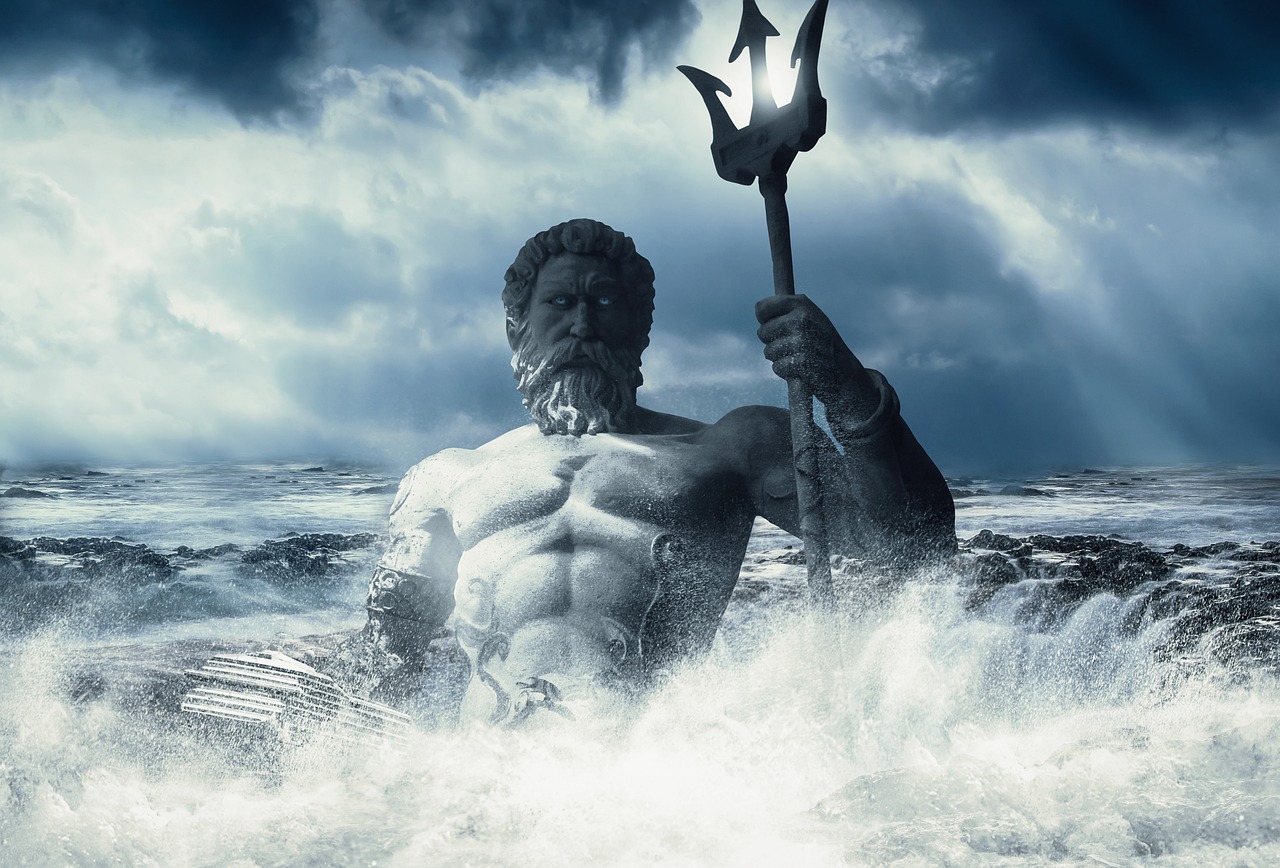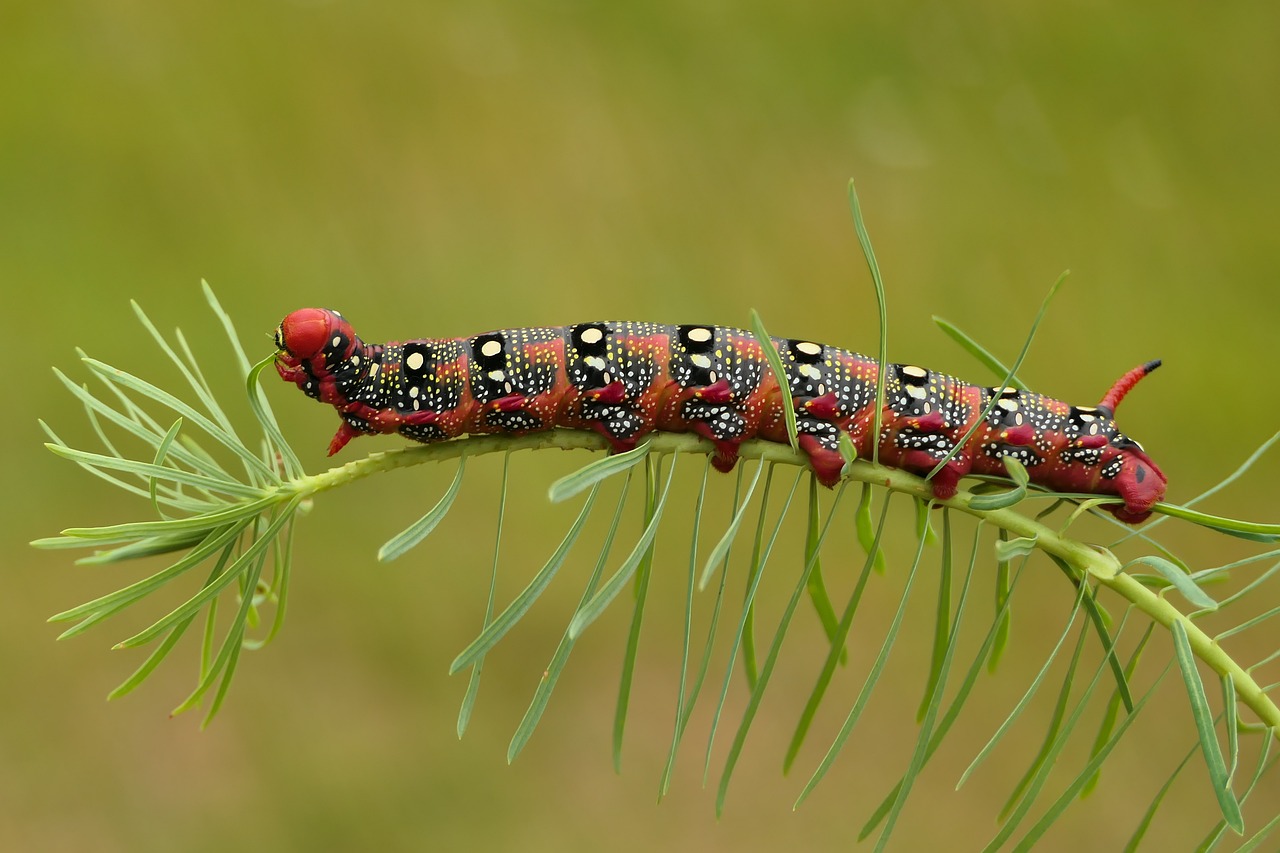Tag: Mythology
-
Lir, a notable figure in Irish mythology, is famously recognized as the father of the children who were transformed into swans due to the nefarious actions of their stepmother, Aoife, in the narrative known as “The Children of Lir.” This is a tale I share sparingly, often referring to it simply as “Aoife’s Tale.” To…
-
Artemis: The Goddess of Hunting and Childbirth Artemis, revered as the Olympian goddess of the hunt, wilderness, and wild creatures, also held the significant roles of goddess of childbirth and protector of young girls until marriage. Her twin brother, Apollo, mirrored this protective aspect for boys, showcasing a duality in their divine nature. Both deities…
-
Minerva of Arezzo, the Roman goddess, embodies wisdom, medicine, commerce, handicrafts, poetry, and the arts, with a later association to war. Her likeness to the Greek goddess Athena is notable, and she was a significant deity in ancient Rome, with vital temples dedicated to her and being a primary figure in the Quinquatrus festival. Initially,…
-
Greek mythology encompasses a vast collection of stories regarding the deities, heroes, and rituals of ancient Greece, deeply rooted in Classical antiquity. Even though philosophers like Plato acknowledged the fictional aspects of these myths during the 5th and 4th centuries BCE, many Greeks regarded these narratives as truthful representations of their beliefs and traditions. The…
-
Background Aoife, known as “The Bright One,” was the daughter of Ailill from Aran and the foster daughter of Bodhbh Dearg, the ruler of the Tuatha Dé Danann. She was also the younger sister of Aobh, the first wife of Lir of SídhFionnachaidh. Stories of Aoife After the tragic passing of Lir’s wife during childbirth,…
-
Hercules, often regarded as a legendary figure, was indeed born a mortal, though his pedigree is intertwined with divine lineage. His father, Zeus, reigns as the supreme deity of ancient Greek mythology, while his mother, Alcmene, was a descendant of the esteemed hero Perseus. This makes Hercules’s background as fascinating as his feats, being a…
-
Greek mythology encompasses a rich body of narratives concerning deities, heroes, and cultural rituals among the ancient Greeks and persists as a vital component of Classical antiquity. While some philosophers, like Plato in the 5th–4th century BCE, acknowledged the fictional aspects of these tales, the general populace perceived them as truthful accounts. Over centuries, Greek…
-
Greek mythology constitutes a rich tapestry of narratives centered on deities, heroes, and ancient Greek religious customs, dating back to Classical antiquity. The myths, often embellished with fiction, were recognized for their narrative power, with critical thinkers like Plato in the 5th–4th century BCE acknowledging this aspect. Despite the skepticism of some intellectuals, these myths…
-
The tale of Pandora first emerged in Hesiod’s “Theogony,” an epic poem from the 8th century BC. This myth traces its origins to the early periods of humanity, following the Titanomachy—the legendary clash between the Titans and the Olympian gods. It is noteworthy that the concept of “Pandora’s Box” was not introduced until the 16th…
-
Gaia, known as the personification of Earth in Greek mythology, represents a primordial goddess who has been revered since ancient times. Hailing from Chaos, she is recognized as a principal or maternal goddess, revered by both gods and mortals alike. Her descendants include the progeny of Uranus (Heaven) and Pontus (Sea), with her Roman counterpart…

